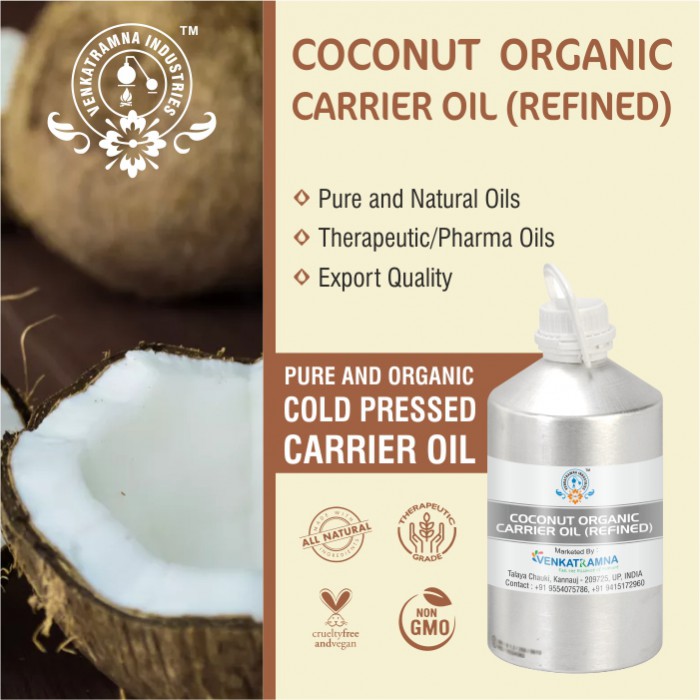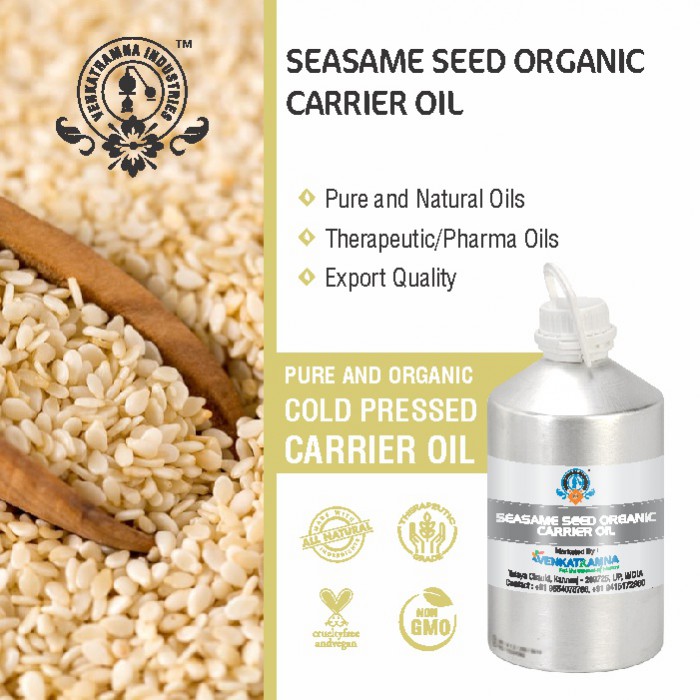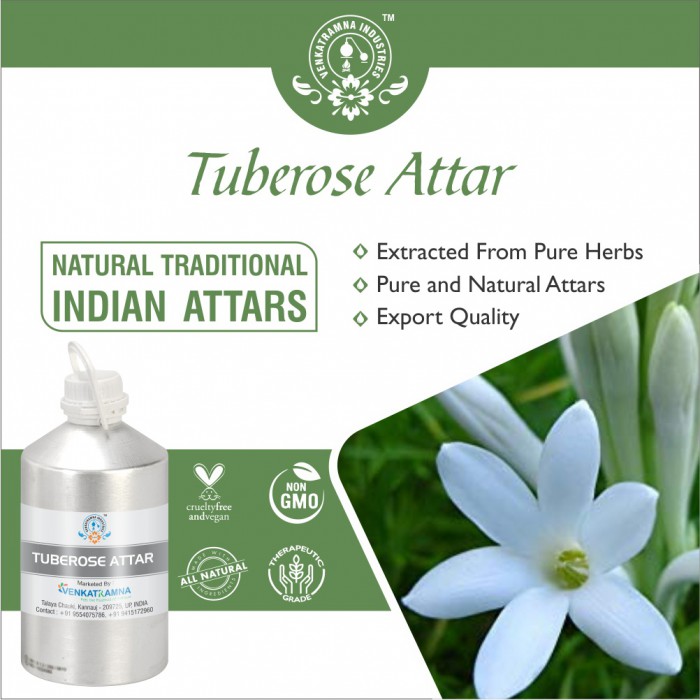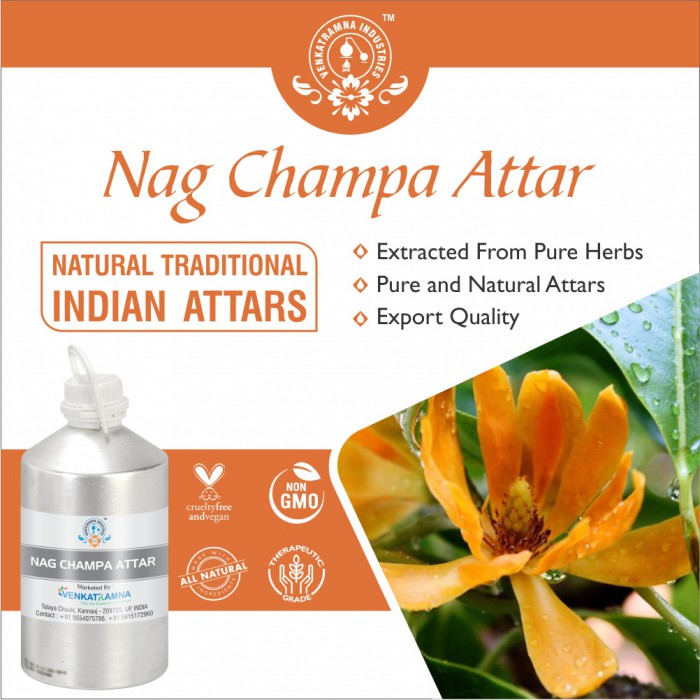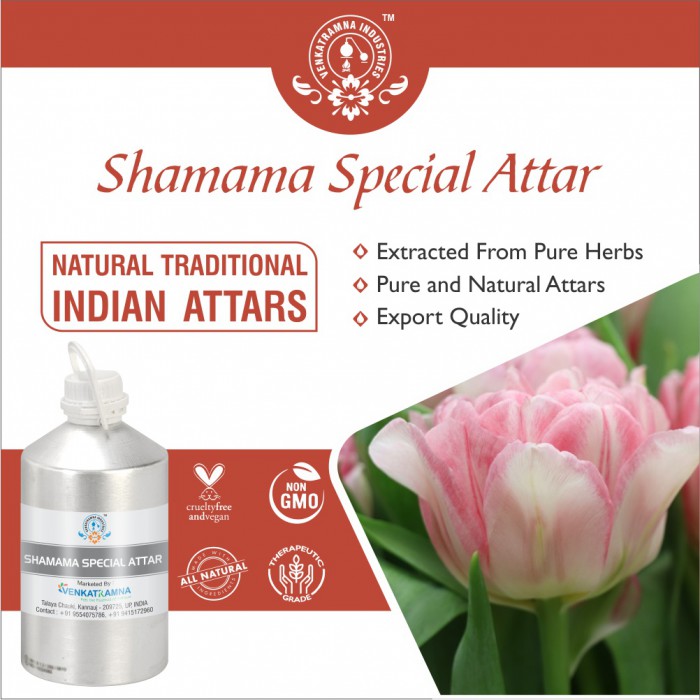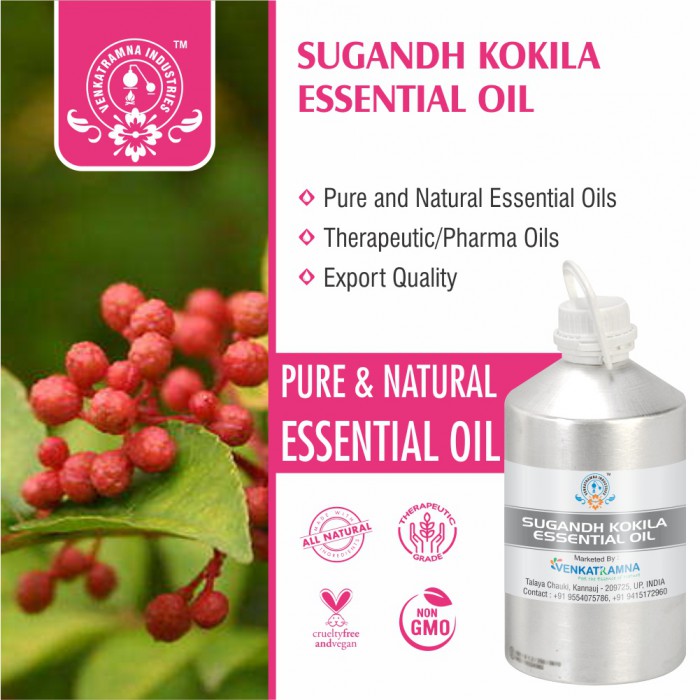Botanical Name: Leptospermum petersonii Common name: Lemon scented Tea Tree, Read More
|
Botanical Name: |
Leptospermum
petersonii |
|
Common name: |
Lemon scented Tea Tree, |
|
Plant family: |
Myrtaceae |
|
Genus: |
Leptospermum |
|
Appearance/Color: |
A thin, clear, pale yellow liquid. |
|
Odor: |
A middle note with a medium aroma, Tee Tree has a fresh, slightly
medicinal scent with characteristic woody, camphoraceous notes. |
|
Blends With: |
Cinnamon Bark,
Clary Sage, Clove Bud, Geranium, Lavender, Lemon, Nutmeg, Rosewood, Rosemary
and Thyme. |
|
Origin: |
Australia |
|
Source: |
Leaves |
|
Method of
Extraction |
Steam Distillation |
It can be used to
combat inflammatory skin conditions, aid sleep and concentration and makes an
excellent room deodoriser. A very useful insect repellent, it makes a great
alternative to Citronella or Lemongrass.
Tea tree is a member of a highly aromatic family, the myrtacea family, including myrtle, bay laurel, and sassafras for a start. These plants produce fragrant oils that both speed skin healing and kill off any bugs trying to cause skin infections. Tea tree is an excellent alternative to antibiotic cream and one that should be used to replace those nasty creams. This member of the fragrant family is native to Australia. It was used by the aborigines to treat wounds, cuts and abrasions long before the white man happened onto those shores. When the convicts made their way to the outback, they quickly learned of the wound antiseptic uses of this native plant. Like many other members of the myrtaceae family. A relatively new oil at the turn of this century, tea tree oil gained popularity during the Second World War. It was used by the British Navy to keep wounds from becoming infected. Beyond this, it was used in ammunition factories in Australia to keep workers hands free from infection following factory accidents. Early in this century doctors learned that when one applied tea tree to a wound, it did not become infected.
DISCLAIMER
The complete range of conditions
or methods of use are beyond our control therefore we do not assume any
responsibility and expressly disclaim any liability for any use of this
product. Information contained herein is believed to be true and accurate however,
all statements or suggestions are made without warranty, expressed or implied,
regarding accuracy of the information, the hazards connected with the use of
the material or the results to be obtained from the use thereof. Compliance
with all applicable federal, state, and local laws and local regulations
remains the responsibility of the user.
The FDA has not evaluated the
statements on this website. No claims are made by Venkatramna Industries as to
the medicinal value of any products from vriaroma.com or by us. The information
presented here is for educating our customers about the traditional uses of
essential oils and is not intended to diagnose, treat, cure, or prevent any
disease. You are responsible for understanding the safe application of these products.
If you have any questions, please call or email us for further information.
As per NAHA guidelines, New Directions Aromatics
(NDA) does not recommend the ingestion of essential oils. It is imperative to
consult a medical practitioner before using Essential Oils for therapeutic
purposes. Pregnant and nursing women and those taking prescription drugs are
especially advised not to use this product without the medical advice of a
physician. The oil should always be stored in an area that is inaccessible to
children, especially those under the age of 7.
Lemon Tea Tree Essential Oil is
abundant in aldehydes, particularly citral (geranial and neral). As such, it is
anti-microbial, possesses an intensely lemony aroma and is great for use in
diffuser blends and for use in household cleaning formulations. It is a
wonderful choice for use in helping to combat odors.
Tea tree oil was usually used to treat minor cuts, burns, acne, athlete's
foot, mild fungal nail infections, vaginal yeast infections, and lung problems
(when they add the oil to a bath or vaporizer). Although there is little
research on tea tree oil, some studies suggest that it is safe and often
effective for the prevention and treatment of infections. Tea tree oil can kill
bacteria and fungi. It comes from the evergreen leaves of the Melaleuca
alternifolia tree. Tea tree oil has been used as complementary therapy in
surgery, burn care, and dental care. Numerous tea tree oil body care products
are available, including soap, shampoo, toothpaste, lip balm, topical (used on
the skin) cream, and essential oil.
Aromatically, Lemon Tea Tree
smells even more lemony than Lemon Essential Oil. Despite it's common name, it
does not possess the strongly medicinal aroma that common Tea Tree Essential
Oil has. It's a beautiful, crisp, citrusy oil that blends well with essential
oils in the citrus, wood, floral, camphorous, and mint families. For emotional
applications, Lemon Tea Tree Essential Oil is an uplifting, stimulating oil.
When used in low dilutions, it can simultaneously help to calm fragile nerves
and help with anxiety.
COMMON USAGE
·
Antiseptic, antifungal, antibacterial
·
Stimulates immune system
·
Colds, glandular fever, cystitis, urinary
infections
·
Open blocked noses
·
Chronic and acute infections
·
Gargle for sore throats
·
Douche for thrush and itchy vaginal infections
·
Acne
·
Hair rinse
Ingredients:
|
S.No |
Key Constituents |
Strength (%) |
|
1 |
Geranial |
45.4 |
|
2 |
Neral |
31.1 |
|
3 |
a-pinene |
12.3 |
|
4 |
Citronellal |
6.8 |
|
5 |
Geraniol |
2.7 |
|
6 |
Isopulegol |
1.3 |
|
7 |
linalool |
1.2 |
|
8 |
Spathulenol |
1.0 |
Safety Summary
·
Hazards Drug interaction; teratogenicity; skin
sensitization.
·
Cautions (all routes) Drugs metabolized by
CYP2B6.
·
Cautions (oral) Diabetes medication, pregnancy.
·
Cautions (dermal) Hypersensitive, diseased or
damaged skin, children under 2 years of age.
·
Maximum daily oral dose in pregnancy 54mg
·
Maximum dermal use level 0.8%
Organ Specific Effects
·
Adverse skin reactions No information was found
for lemon-scented tea tree oil, but skin sensitization is possible due to the
high citral content.
·
Cardiovascular effects Gavage doses of 10, 15 or 20 mg/kg/ day
citral for 28 days, dose-dependently lowered plasma insulin levels and
increased glucose tolerance in obese rats.
·
Reproductive toxicity Citral is dose-dependently
teratogenic because it inhibits retinoic acid synthesis, and this can affect
fetal development.
Systemic Effects
·
Acute toxicity No information found. Citral is
slightly toxic: acute oral LD50 in rats 4.96 g/kg. Dermal LD50 in rabbits 2.25
g/kg
·
Antioxidant/pro-oxidant activity Leptospermum
petersonii oil exhibited high radical scavenging activity in both ABTS and DPPH
assays.
·
Carcinogenic/anticarcinogenic potential No
information was found for lemon-scented tea tree oil, but it contains no known
carcinogens. Citral and citronellal display anticarcinogenic activity.
·
Drug interactions Antidiabetic medication,
because of cardiovascular effects, above. See Table 4.10B. Since citral and
geraniol inhibit CYP2B6, there is a theoretical risk ofinteraction between
lemon-scented tea tree oil and drugs metabolized by this enzyme.
·
Reproductive toxicity: Not specified
·
STOT-single exposure: Not specified
·
STOT-related exposure: Not specified
·
Interactive effects Not specified
·
Aspiration Hazard: No Data Available
·
Toxic
to aquatic organisms, may cause long term adverse effects in the aquatic
environment.
·
Results of PBT and vPvB assessment
o
PBT: Not applicable.
o
vPvB: Not applicable.
·
Persistence and degradability No further
relevant information available.
·
Bio-accumulative potential No further relevant
information available.
·
Mobility in soil No further relevant information
available.


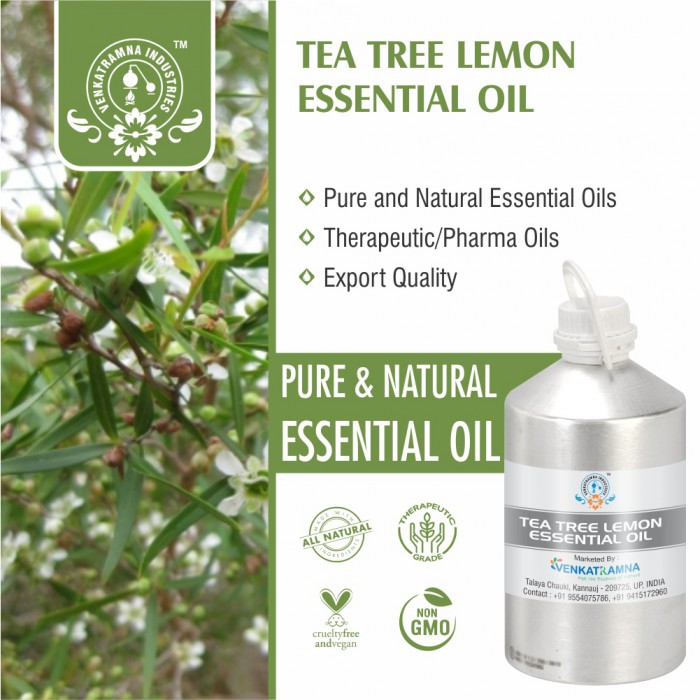
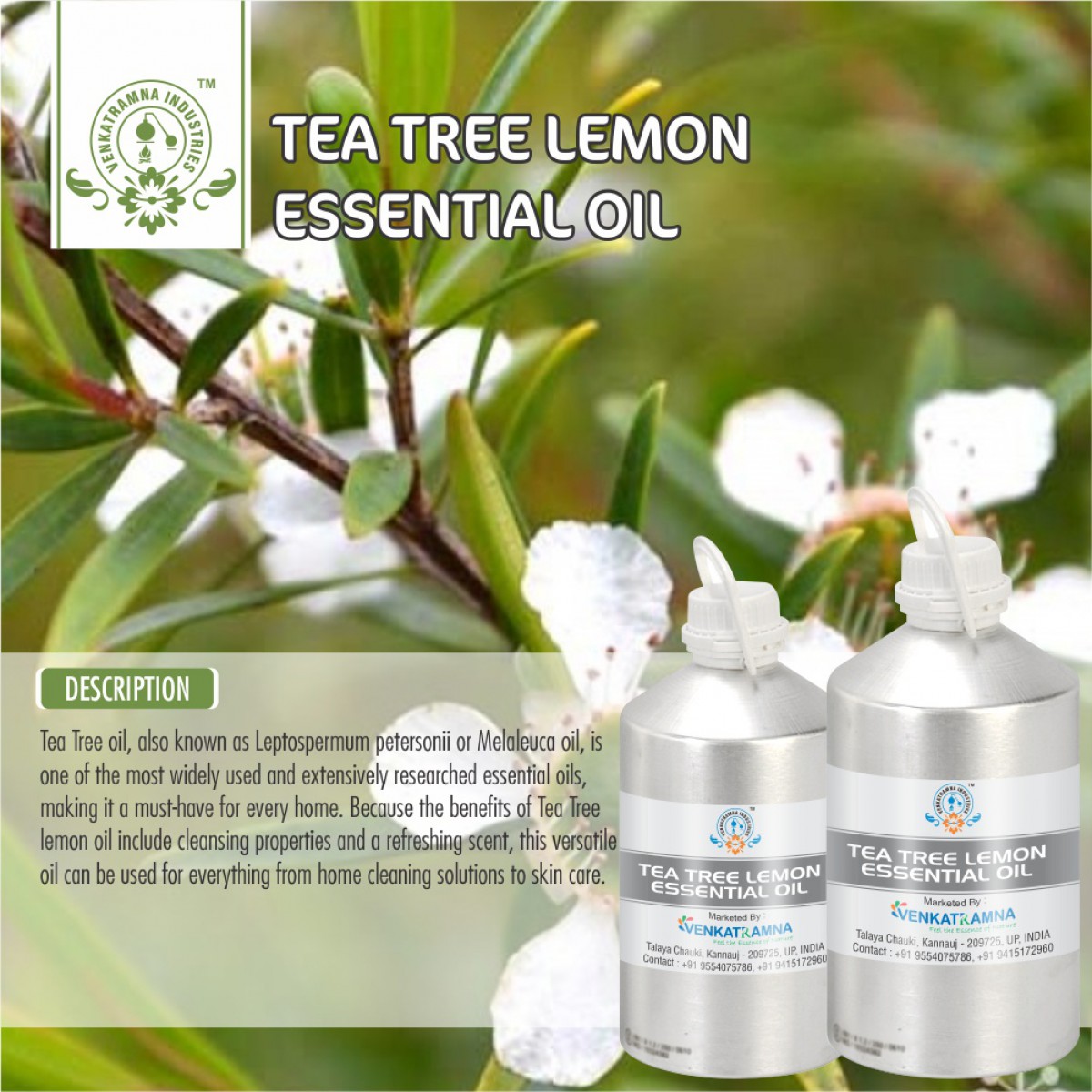
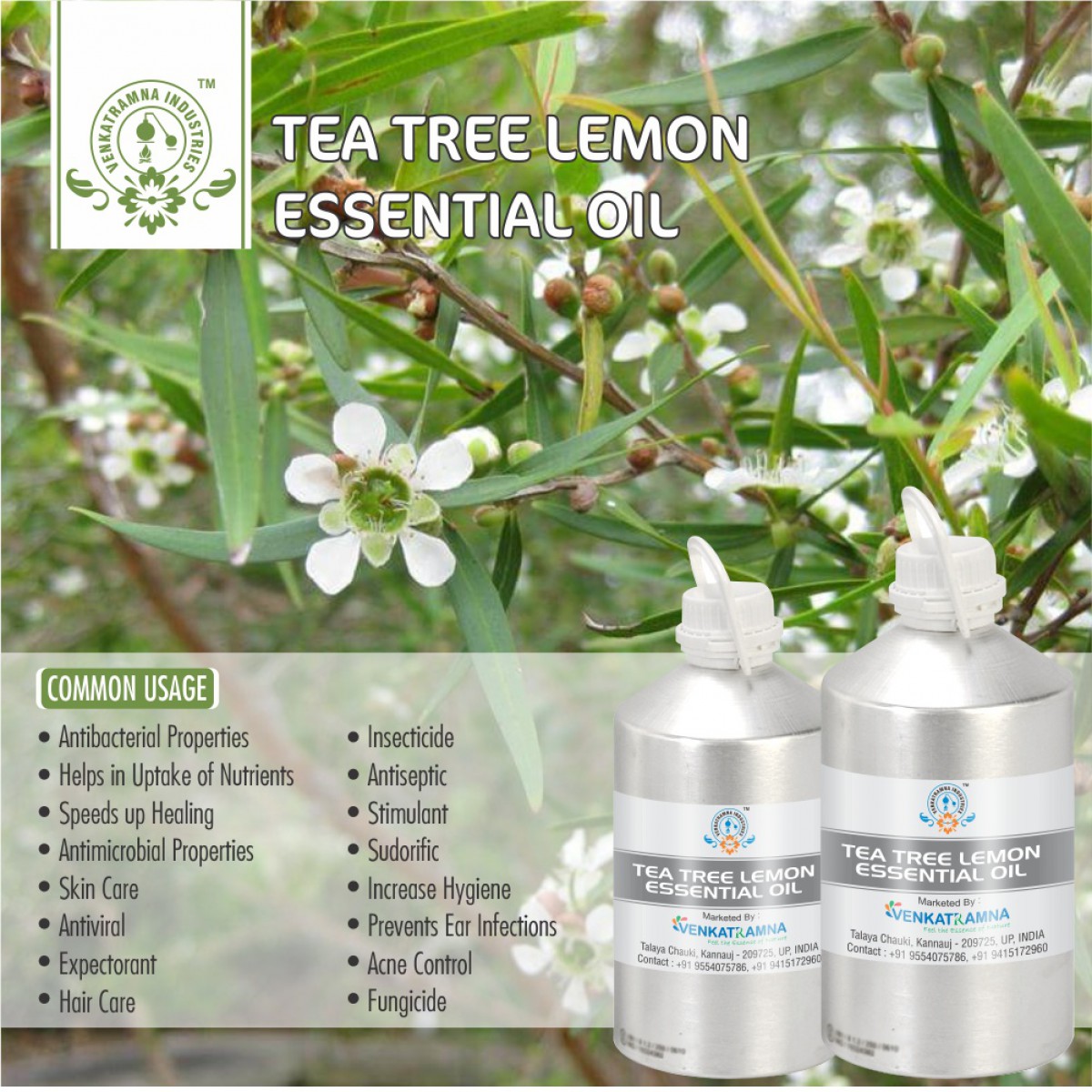
 MSDS-Teatree2.pdf
MSDS-Teatree2.pdf